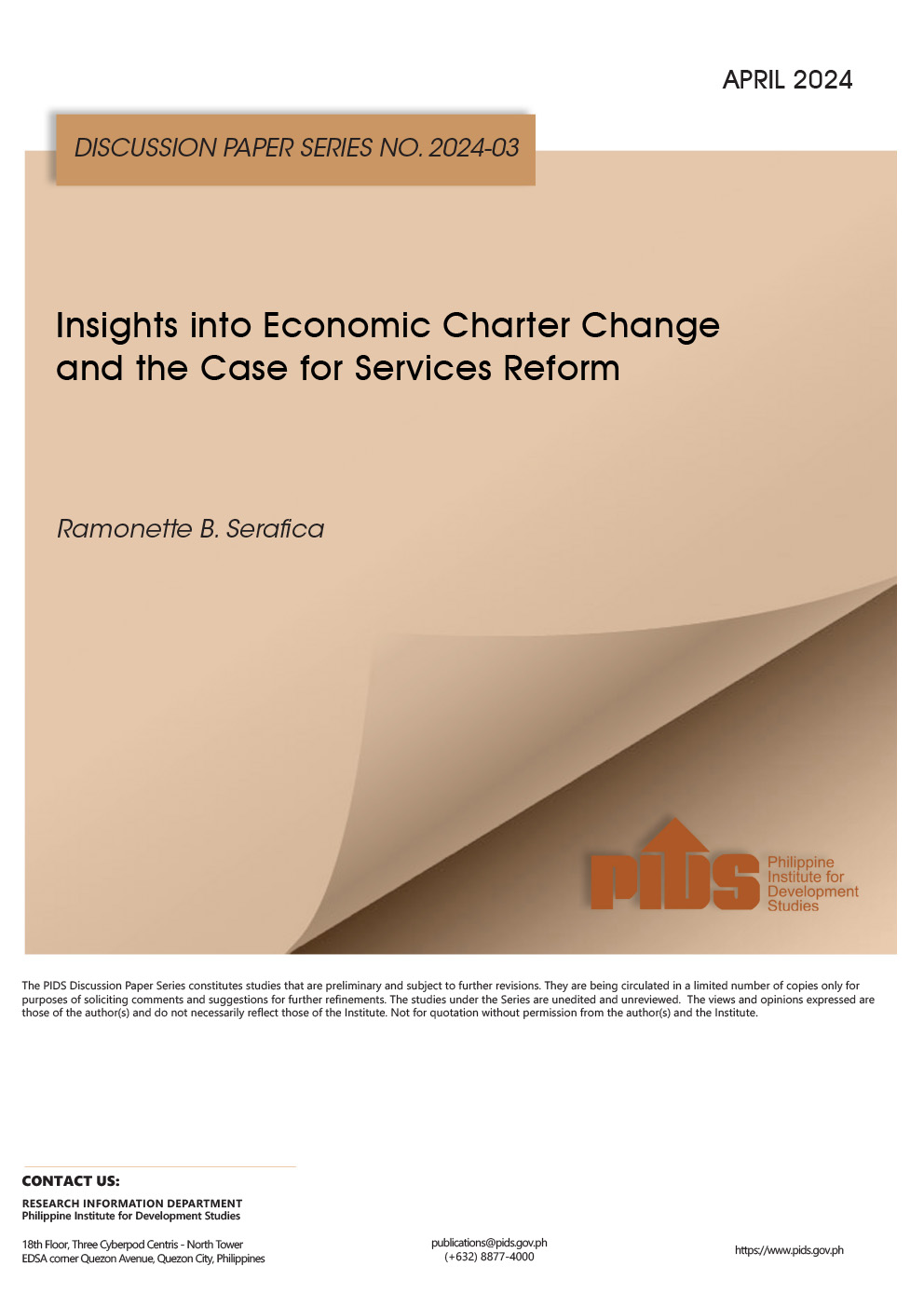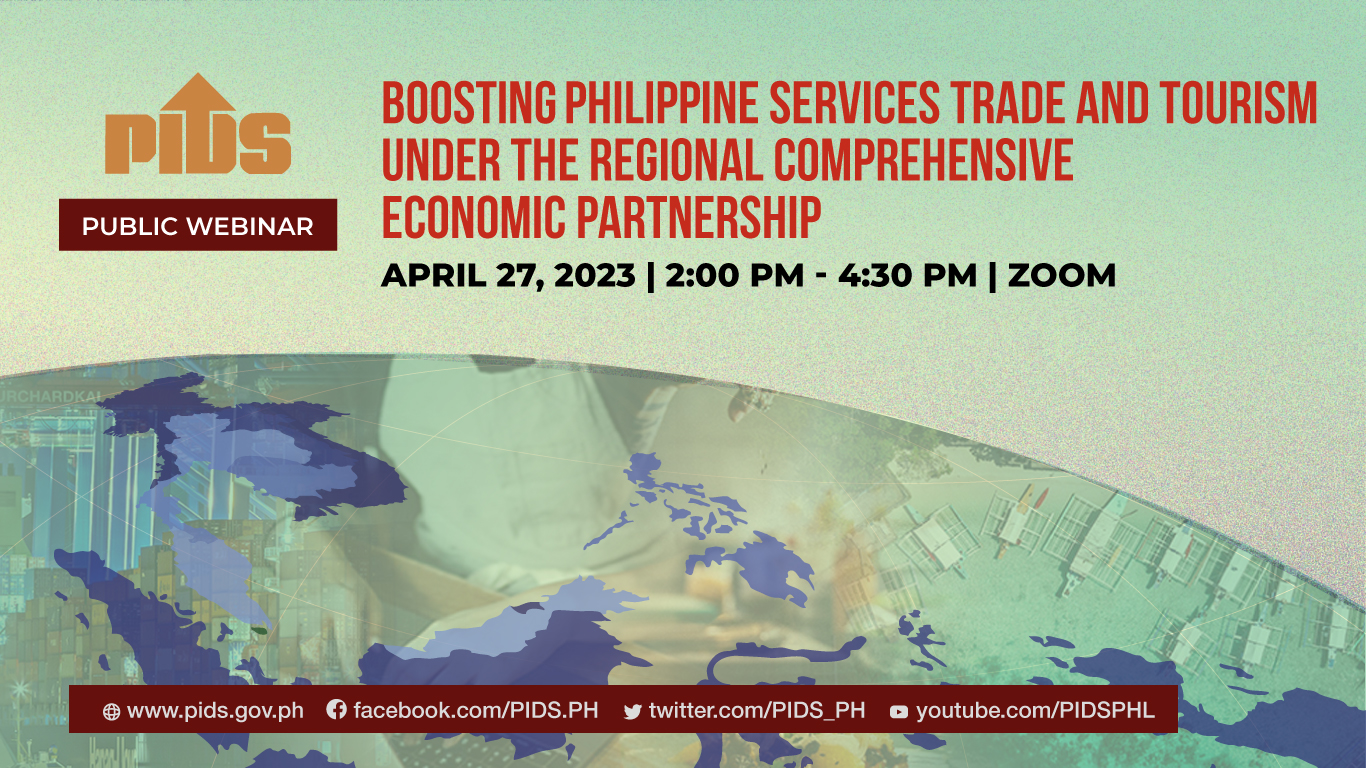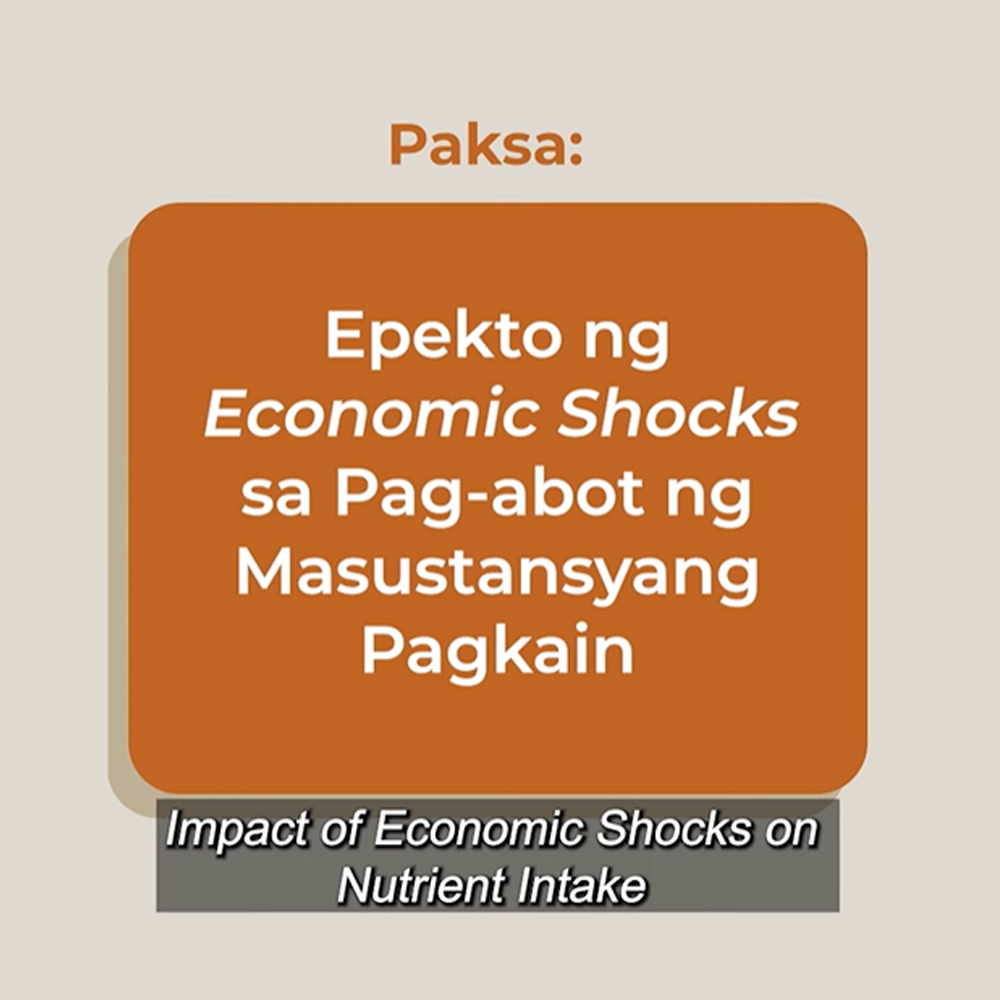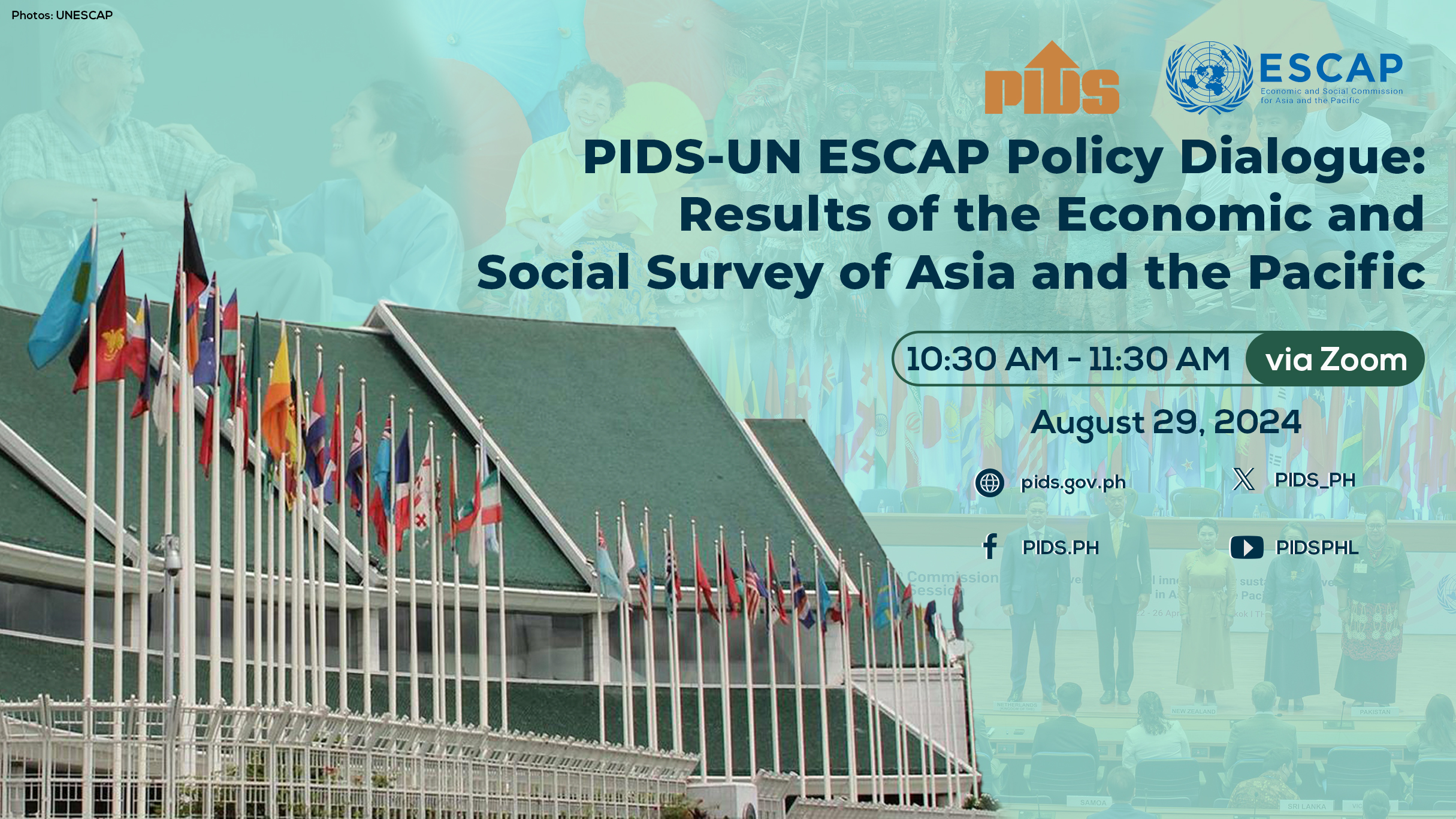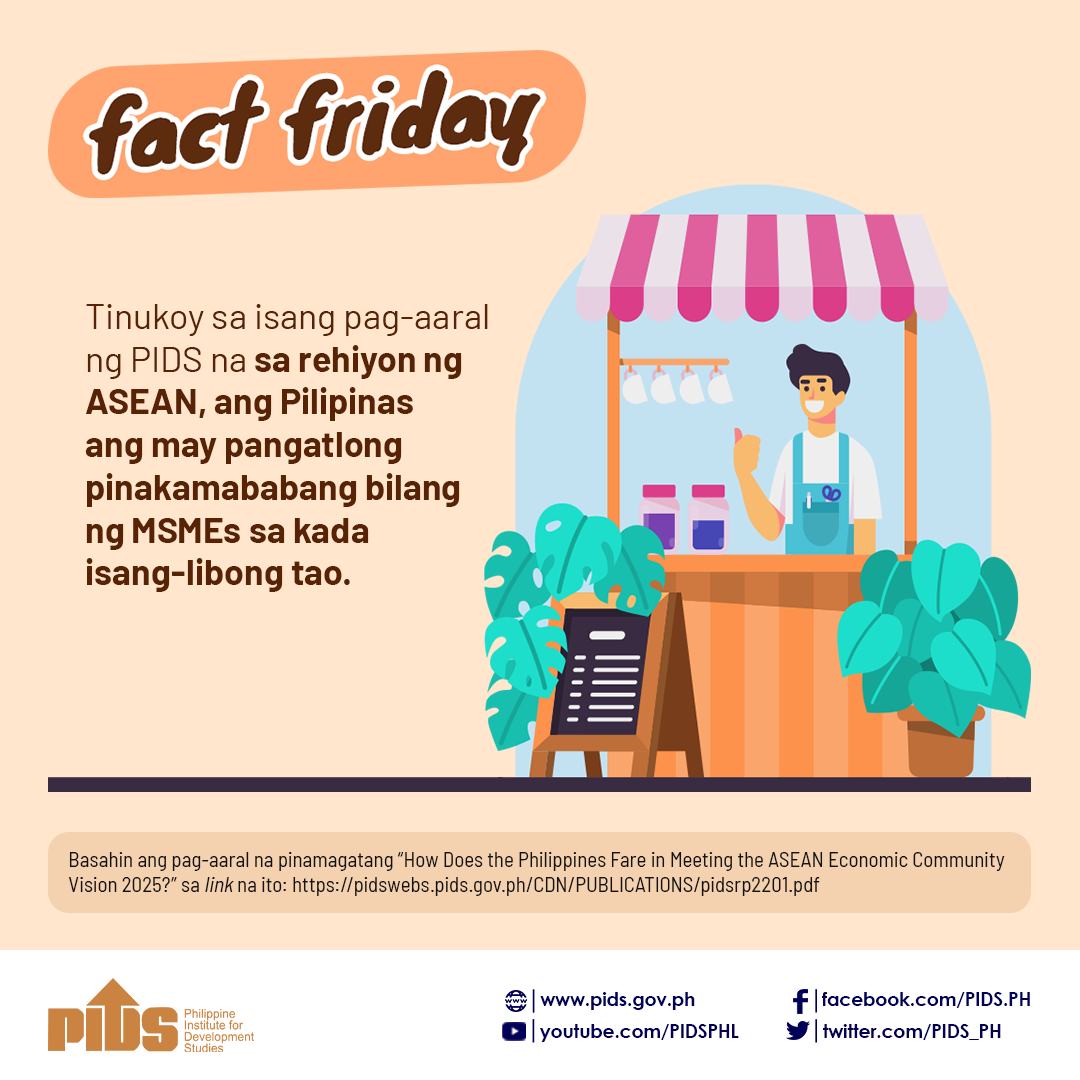MANILA — Sen. Franklin Drilon on Wednesday said it is possible to liberalize the economy from restrictive economic provisions in the 1987 Constitution without amending it, as some lawmakers pushed for charter change due to mounting economic and health concerns because of the pandemic.
During the Senate committee hearing on charter change, Drilon said there are 3 bills still pending in the Senate which could improve “in the great deal” investments made in the country. He did not, however, discuss in detail what those measures were.
“Yes there are strong arguments in favor of liberalizing our economy but it can be achieved without touching, in the meantime, the Constitution,” the senator said.
Short-term investments in the country, he said, have also been successful amid the COVID-19 crisis.
“The phrase ‘unless otherwise provided by law’ which appears to be the most convenient tool, will not bring the desired liberalization if we are talking about that because Congress still has to enact those laws,” he explained.
“I’m at a view that amending the Constitution by adding the phrase… is not a golden bullet which will bring everything in,” he added.
The Foundation for Economic Freedom (FEF) had earlier said that adding the phrase “unless otherwise provided by law” in those restrictive provisions would give Congress the flexibility and leeway to conform with present economic and technological conditions.
Lawmakers from both the Senate and House of Representatives have argued that amending such economic provisions in the Constitution will help the country battered by the pandemic.
Rosario Manasan, a senior research fellow at the Philippine Institute for Development Studies, said liberalizing restrictive foreign direct investment (FDI) was not urgent and could be politicized, noting that there are other ways to uplift the country’s economy despite the pandemic.
During the Senate committee hearing on charter change, Drilon said there are 3 bills still pending in the Senate which could improve “in the great deal” investments made in the country. He did not, however, discuss in detail what those measures were.
“Yes there are strong arguments in favor of liberalizing our economy but it can be achieved without touching, in the meantime, the Constitution,” the senator said.
Short-term investments in the country, he said, have also been successful amid the COVID-19 crisis.
“The phrase ‘unless otherwise provided by law’ which appears to be the most convenient tool, will not bring the desired liberalization if we are talking about that because Congress still has to enact those laws,” he explained.
“I’m at a view that amending the Constitution by adding the phrase… is not a golden bullet which will bring everything in,” he added.
The Foundation for Economic Freedom (FEF) had earlier said that adding the phrase “unless otherwise provided by law” in those restrictive provisions would give Congress the flexibility and leeway to conform with present economic and technological conditions.
Lawmakers from both the Senate and House of Representatives have argued that amending such economic provisions in the Constitution will help the country battered by the pandemic.
Rosario Manasan, a senior research fellow at the Philippine Institute for Development Studies, said liberalizing restrictive foreign direct investment (FDI) was not urgent and could be politicized, noting that there are other ways to uplift the country’s economy despite the pandemic.

